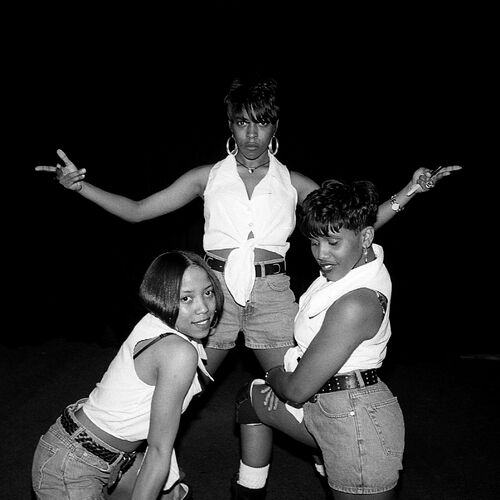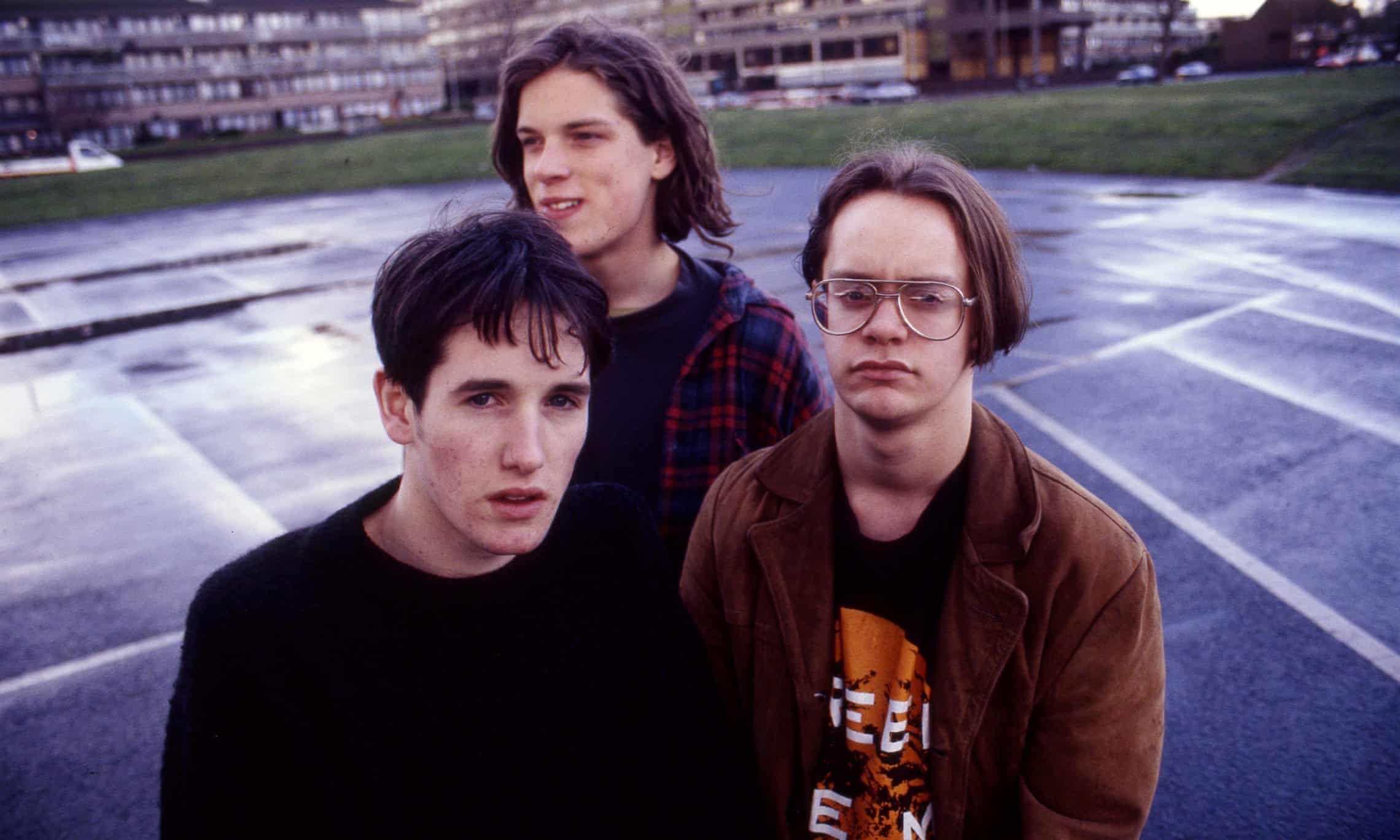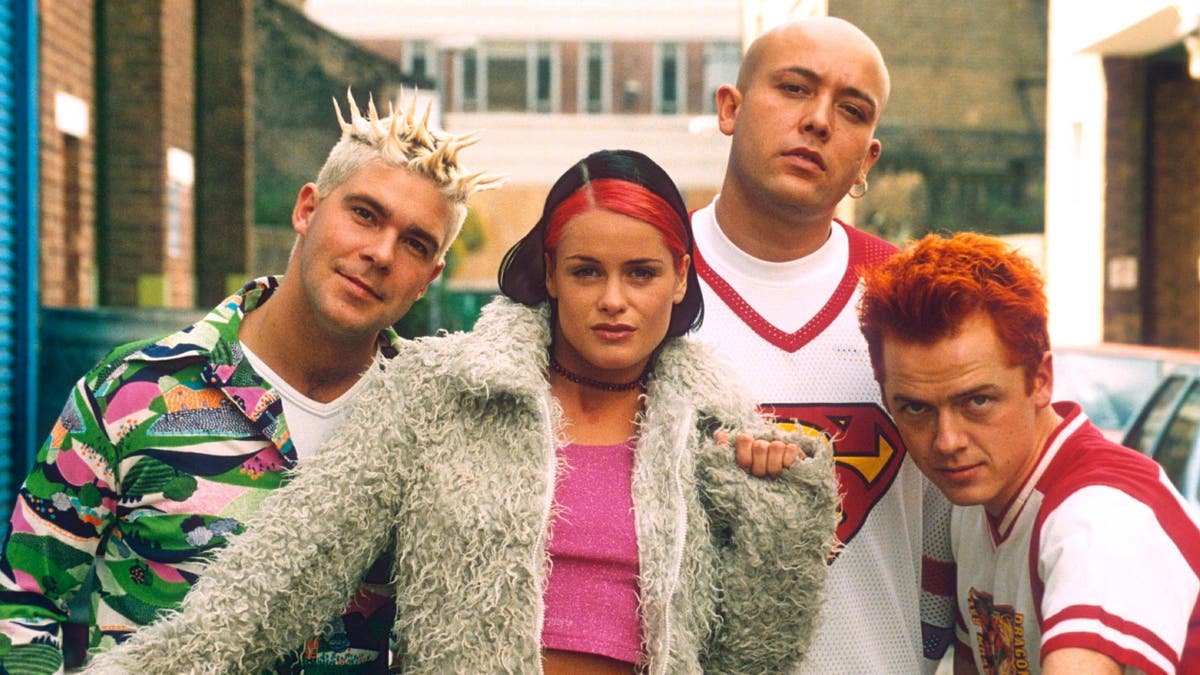Nuttin' Nyce's Down 4 Whateva... is a manifesto of unabashed women's sexual freedom, the likes of which had seldom been seen before, and would not become the norm until pretty much the 2020's. When reviewing the work of one of the 1990s' most forgotten contributions to the r&b girl group model, it's difficult not to get bogged down with context. I spent a few hours painstakingly calibrating my comparisons to peers TLC, the rise and fall of New Jack Swing and the history of sexuality in r&b from a female perspective, but it feels so trite to read back, not to mention completely lacking in citational backbone. So I think I'm going to scrap it all in favour of taking Nuttin' Nyce's first and only record at face value.

This short-lived Sacramento trio look like a pretty standard girl-group setup for the time - and if you let the lyrical content of their songs wash over you and simply listen to the music, they sound it too. Caught just as the New Jack Swing trend started to fade in favour of a more silken, sultry sound, Down 4 Whateva... is a snapshot of succinctly 90's r&b. In some ways it sounds a bit dated to listen to now, but the freshness of being on the cusp of a new era is something that never really loses its sparkle. Regardless of where each song sits on the spectrum, you can guarantee it'll be full of spice and personality, a factor that instantly sets Nuttin' Nyce aside from their cookie-cutter archetypical girl group.
The proof, as they would misquote from the popular and often misquoted idiom referenced in the album's closing track, is in the puddin'...
- What Can I Say To You (To Justify My Love) (feat. Hi-Five)
- Froggy Style
- U Ain't Gotta Lie To Kick It
- Down 4 Whateva
- En Tu Deep (Sticky Situation)
- Nasty Girl
- Show Me
- Don't Make Me Wanna Do U
- Proof Is In The Puddin'
- Gotta Get Mine
- In My Nature
- Wanderin' Eyes
(Exempt from total score: Interludes 1-6: Jackin' For Men, Liquor Run, The Bomb Stop, Munchies At Roscoe's, Goin' To The Mustang & Boom Boom's Surprise)
Average Score: 6.17
Funnily enough, my top-rated track, an old-skool duet with labelmates Hi-Five, is the only one based around more familiar r&b themes of the time of protesting against unfaithfulness and valorising genuine affection over promiscuity. This is merely a coincidence, as my high placement is owed to the lush layering of harmonies, Eboni Foster's streamlined vocal runs and a penchant for that early 90's street sound. To justify this statement, right behind it is one of the most audacious songs on the album, Froggy Style - every bit as old-skool with its heavy sampling and record scratches, but this time an ode to a favourite sexual position. As mentioned earlier, Vanity 6's 1982 hit Nasty Girl is updated for the new decade with fresh instrumentation, reinterpreting the 'off-limits' coquettish sexual gloss set up by Prince's penmanship with a streetwise beat that exudes confidence and attainability without sacrificing any of the song's key content. Other highlights include the chilled-out Soul II Soul-sampling title track, and the kicking synth baseline of U Ain't Gotta Lie To Kick It, a song so effortlessly funky that it's almost as easy and accessible as the girls themselves claim to be.
The album begins to sag a bit towards the end, with Wanderin' Eyes breaching on the generic, containing some especially cliched lyrics, and closer Proof Is In the Puddin' feeling kind of stodgy (no pun intended), being a little too long, a little too slow, and a little too cumbersome in timbre choices. The lead single, In My Nature, is hands down the weakest of the individual releases, the sing-song chorus uncharacteristic of Nuttin' Nyce's slicker image*, despite fitting with its lyrical content. I'd be remiss not to mention the interludes at this point which, even though I fundamentally try to disregard such insubstantial tracks, do add an extra layer of narrative and humour, and tie everything together in a goofy and ridiculous conclusion. I don't think they detract per say, but they're certainly not crucial to enjoying the album and extracting the veritable juices Nuttin' Nyce have to offer. Even at its weakest, Down 4 Whateva... manages to deliver a solid sound that never feels dry or devoid of substance.









